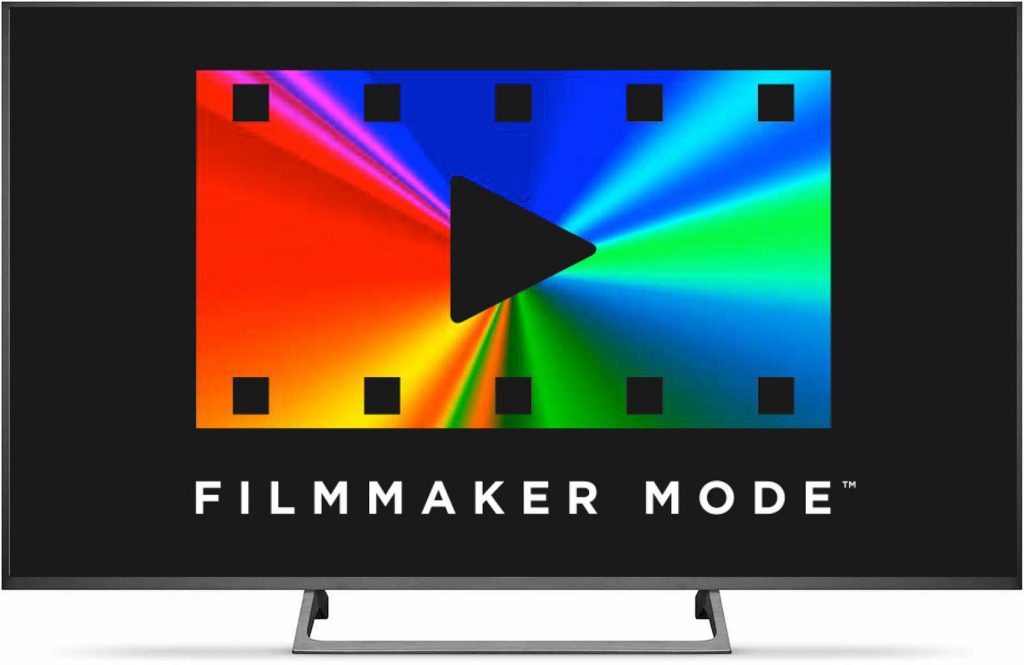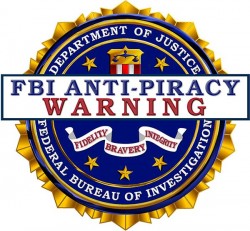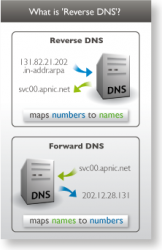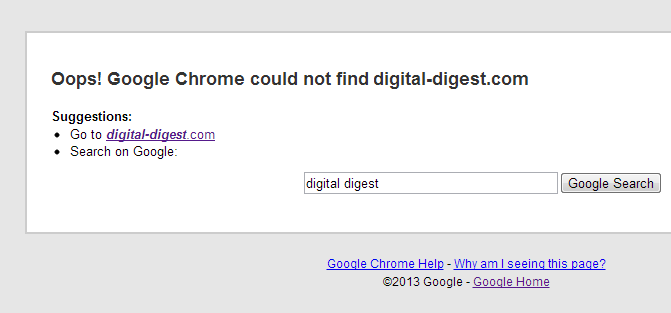Another short one this week as the World Cup is finally taking a toll on me (and my sleep patterns). So it’s Germany vs Argentina in the final, and I’m backing Germany (but only because they have three players from the club I support, Arsenal – more than any other country). The Germans have a real team, while most of the other countries only have great individuals. Still, if there was one individual that could make a difference it would be Argentina’s Messi. My prediction? Germany wins 2-1 thanks to Müller and Özil – Higuaín to get the consolation for Argentina. Don’t put money on it, but if you do, send me 5% of all winnings.
Alright, let’s get started because I’m heading for an early sleep.

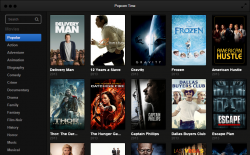
The MPAA is now going after Popcorn Time, or to be more precise, forks of the original project on GitHub
The MPAA is starting to turn its attention to a software tool that has been dubbed the “Netflix of piracy”, Popcorn Time. The MPAA has issued DMCA notices to GitHub for two forks of Popcorn Time, and GitHub has responded immediately by disabling the repositories of these projects. The DMCA notice also asks GitHub to take proactive action on any and all related forks of the project.
But it’s the open source nature of Popcorn Time will most likely save the software from the same fate enjoyed by other targeted tools in the past. After all, the original Popcorn Time has already survived being “removed” once. With the source code out in the open, it will almost be impossible to completely get rid Popcorn Time and its related developments, which is probably the main reason why the original creators chose to go down the open source route.
The MPAA may have won the first round, but it looks like this is going to be a long, and potentially un-winnable, war for them.
But fighting un-winnable wars is what anti-piracy is all about these days. And it’s a war being waged on from on-top, rather than by the people on the ground in Hollywood, who, according to director Lexi Alexander, don’t really care all that much about the piracy problem. Alexander, who directed the film ‘Green Street Hooligan’, also took to task Hollywood’s general attitude to a wide range of issues, from lack of diversity in hirings, to not giving people what they want.
Most interestingly, Alexander says that Hollywood’s woes, if they are in fact real, are mainly due to the lack of variety in the films they release and who they chooses to direct and star in them. Alexander points out several recent flops, including ‘Mars Needs Moms” and ‘Green Lantern’, and says that releasing crappy movies has cost Hollywood a lot more money than any perceived losses from piracy (both of these movies lost more than $100 million each).
But if you point out these and the dross that studios put on with such regularity, those “Fat Cats” (the only ones who regularly complain about piracy, according to Alexander) in Hollywood might lay the blame for these Box Office misses squarely at the feet of piracy.
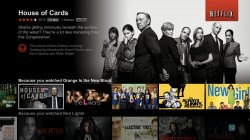
With so many apps, games, and services competing for our time, and awesome platforms like Netflix to keep us occupied, crappy movies are flopping harder and harder at the box office – and it’s got nothing to do with piracy
What the Internet, and piracy, has managed to do is to provide ubiquitous availability of movies, even those that are still in cinemas. So once upon a time you might have had to pay some money to see if the criticism reserved for a flop that has been universally panned by critics is deserved or not, or you’re just curious (or a sadist), whether this means buying a cheap ticket at the cinema, or renting it on VHS – now, you can just download it. So perhaps piracy does have something to do with it.
But another factor to take into consideration is the sheer amount of choice we get these days in terms of content and activities, not just movies, but also video games, social media and other time wasters. There is no way you can do everything, watch everything, listen or play everything, and so we have to be choosy, not just with money, but with our time as well. There’s simply no room for watching a crappy movie on a Saturday night, which might have once upon a time been unavoidable due to the lack of entertainment choices. There’s also not enough money, so even if you have the time, why would you pay $20+ for ‘R.I.P.D’ when you can do so much more with that same $20?
But yeah, let’s just blame piracy.
One thing that I can blame piracy on, or rather the disproportionate response to the piracy problem, is this news where 30,000 people were sent notices of infringement. That in itself isn’t strange, except these notices were fake with a malicious payload attached to cause havoc. The trojan, sent to German Internet users, could steal credit card details and other sensitive information from the user’s computer.
In other short news, Aereo’s plan for survival has taken an interesting turn as the tiny-antenna company now wants a cable provider license. This would then allow Aereo to negotiate licensing deals with content providers and maybe, just maybe, re-launch their services.

The Emmy nominations are in and Netflix has doubled the number of nominations they garnered last year. Once again, Netflix originals ‘House of Cards’ and ‘Orange is the New Black’ led the way in terms of nominations. Good luck to them for hopefully putting another nail in the coffin of the cable network hegemony.
I wish for Netflix’s success not just because they provide a kick-ass product at a insanely good price, but also because if/when they come to Australia, I would love to work for them doing this recently posted job. I order waste so many hours on Netflix already, so if I can get paid for do it, it would be just bloody awesome.

And finally in gaming news, the PS4 isn’t doing so hot in Japan for some reason. This article tries to find the reasons for it, including the Japanese’s still strong love for last-gen consoles, including the PS3, and the fact that all the connected media services that the people are using the PS4 for in the west, like Netflix, isn’t really a thing in Japan. Worth a read if you need some arguments to fuel your PS4 fanboy fights with non-believers.
——
That was the news that was, for the week just ended. See you next week!

